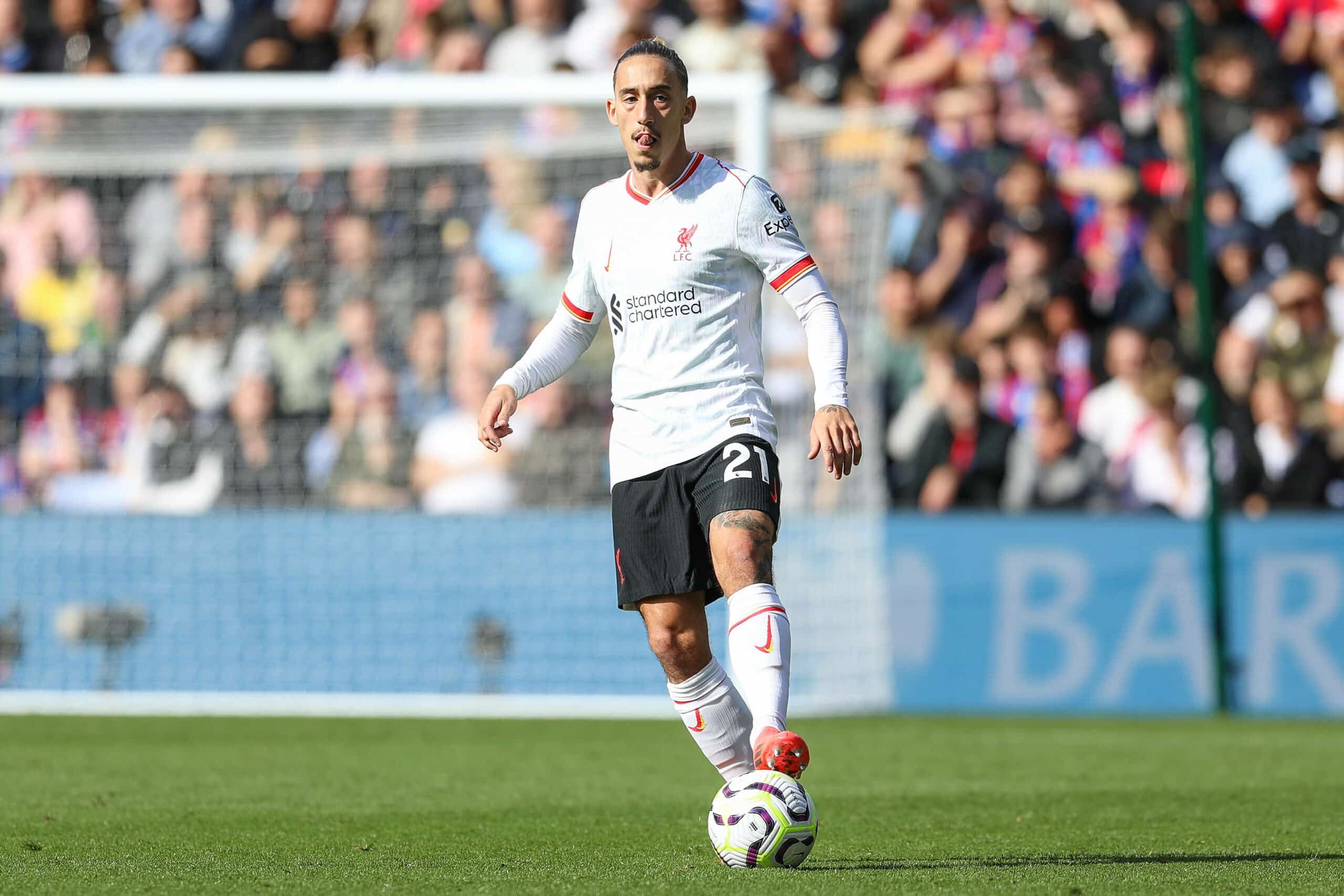Tsimikas Likely to Edge Robertson in Liverpool’s Left-Back Slot Under Arne Slot
Liverpool’s latest fixture against Brighton shed light on an evolving left-back dynamic under Arne Slot’s management. Andy Robertson, the club’s long-standing left-back, struggled to contain Brighton’s attack, prompting questions about his future in the starting eleven. On Anfield Index, football journalist David Lynch shared his perspective on the current left-back conundrum, praising Kostas Tsimikas as the likely candidate to take over the role.
Robertson’s Recent Struggles on the Field
In Liverpool’s 3-2 win, Robertson had what Lynch called “another tough night,” marking a continuation of inconsistent form. Statistics from the match highlighted the defender’s challenges; he won only “one out of seven duels” and was “dribbled past four times.” Lynch elaborated that Robertson “struggled to keep a hold on Brighton’s wingers” and appeared “out of position quite a bit,” a recurring theme that’s raised concerns among fans and analysts alike.
For a player of Robertson’s calibre, such performances hint at either a loss of form or perhaps a sign of waning physical sharpness. Lynch speculated that Robertson “may have lost that yard” in pace or could be “carrying a little knock,” though the full reason behind his decline remains unclear.
The Rise of Kostas Tsimikas as Liverpool’s New Left-Back Option
Kostas Tsimikas has been making a strong case to become Liverpool’s primary left-back this season. Lynch explained that Slot’s form-based selection policy aligns well with Tsimikas’ recent displays, as the Greek defender has shown steady form while Robertson has struggled. According to Lynch, if Tsimikas “starts the next two games,” it could indicate that he is now the “first-choice left-back,” a move that would signal a shift in Liverpool’s long-standing left-back hierarchy.
Under Slot’s management, players like Tsimikas who deliver consistent performances are likely to be rewarded. Lynch mentioned Slot’s recent decisions, such as fielding Curtis Jones at Arsenal due to his form, as indicators of this approach. As Slot demonstrated in past matches, form, not reputation, has become the priority in determining Liverpool’s starting eleven. In this context, Tsimikas has positioned himself well to replace Robertson on a more regular basis.

What a “Changing of the Guard” Could Mean for Liverpool’s Defence
Should Tsimikas indeed become the first-choice left-back, it may mark a broader shift in Liverpool’s approach under Slot. Slot’s willingness to make form-based decisions signals a pragmatic shift, a way to revitalise the team with fresh energy while maintaining competitive standards. Lynch noted that it “seems dramatic to call it a changing of the guard,” yet the evidence on the pitch increasingly suggests that Tsimikas is ready to take on this critical defensive role.
Lynch further pointed out that while Tsimikas is a “fantastic backup,” Liverpool may need to look ahead for a younger, long-term option. At 28, Tsimikas provides experience but is not necessarily a permanent solution for the future. Slot’s current choices reflect a careful balance between maintaining competitive results and gradually building for the club’s future.
David Lynch’s analysis paints a picture of a Liverpool in transition, where form increasingly outweighs experience in selecting the starting eleven. Andy Robertson’s recent performances have highlighted areas of concern, particularly in Liverpool’s defence, as his struggles in recent matches continue to pose questions. With Kostas Tsimikas steadily proving his reliability, Liverpool may be seeing the beginning of a new era at left-back under Slot’s leadership. For now, Liverpool fans can expect a pragmatic approach from Slot as he reshapes the squad based on the demands of each game, an approach that may see Tsimikas gradually securing the left-back position.



